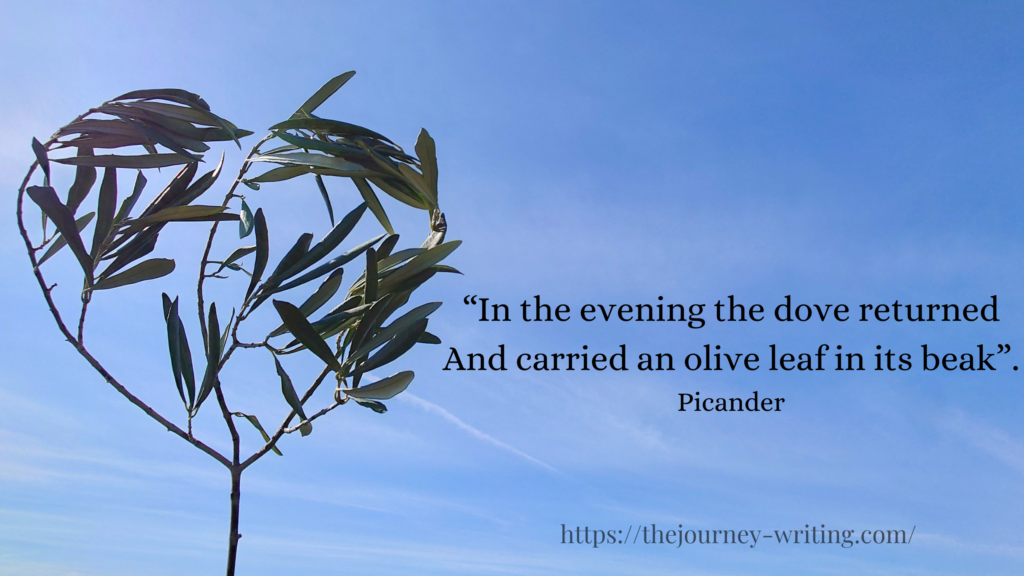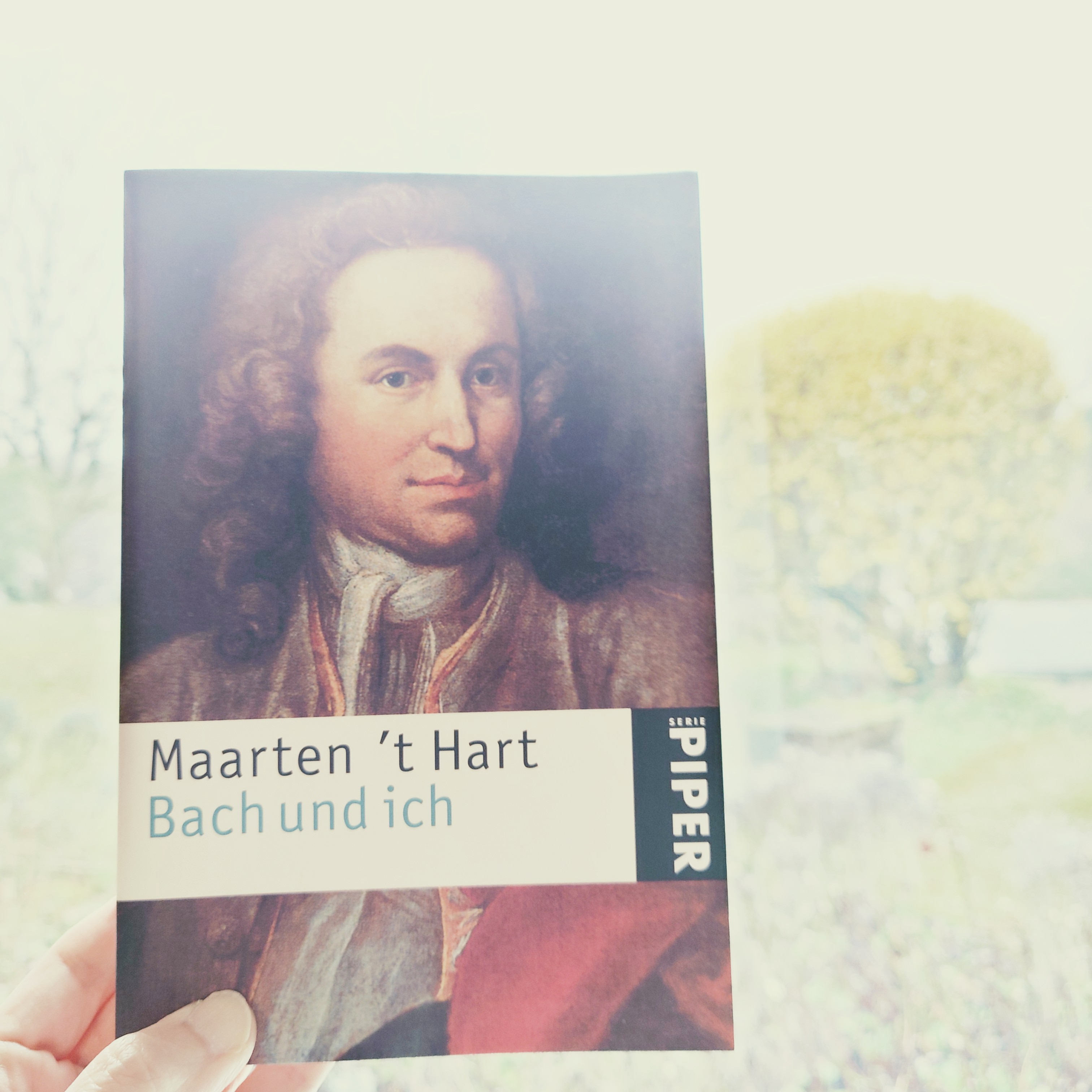
“In the evening the dove returned
And carried an olive leaf in its beak.
O beautiful time! O evening hour!
We now make our peace with God
For Jesus’s sufferings are ended.”
From St. Matthew Passion no. 64 (an excerpt)
In this short text of the recitative “Am Abend, da es kühle war” from J.S. Bach’s St. Matthew Passion, is the essence of the whole Bible, the bridge between the old and the new Testament expressed perfectly with beautiful symbols. A finest gem in the music world, crafted by two epitomes of lyric and music, Picander and J.S. Bach.
“In the evening, when it was cool” is the beginning of this recitative, and there are three evenings in the Bible mentioned here.
First evening is recorded in Genesis 3:8-9:
“Then the man and his wife heard the sound of the Lord God as he was walking in the garden in the cool of the day, and they hid from the Lord God among the trees of the garden. But the Lord God called to the man, “Where are you?”
An evening, after Human Fall, God sought for Adam and Eve. Since then, He prepared the way back to paradise through Jesus for human.
The second evening in this recitative is from Genesis 8:11:
“When the dove returned to him in the evening, there in its beak was a freshly plucked olive leaf! Then Noah knew that the water had receded from the earth.”
Eden was a long time ago memory now. The great flood, God’s wrath for unrighteousness finally abated. The relationship between human and God was restored. Dove with olive leaf, the symbol of peace. And this points to the ultimate peace treaty with God when Jesus died.
“Der Friedensschluss ist nun mit Gott gemacht, Denn Jesus hat sein Kreuz vollbracht.”
“The peace treaty with God is now made, for Jesus has brought to fulfilment his cross.”
The third evenings, where Joseph asked for Jesus’s body to burry him. Written in Matthew 27:57-60:
“As evening approached, there came a rich man from Arimathea, named Joseph, who had himself become a disciple of Jesus. Going to Pilate, he asked for Jesus’ body, and Pilate ordered that it be given to him. Joseph took the body, wrapped it in a clean linen cloth, and placed it in his own new tomb that he had cut out of the rock. He rolled a big stone in front of the entrance to the tomb and went away.”
Jesus died so that I can live, this is a free gift to every soul who want to receive the gift. No matter how valuable a gift is, we simply cannot force someone to accept it. To receive this precious gift, Jesus, I have to make space, clean the house in my heart. My soul resonates with the Aria that follows “Mache dich, mein Herze, rein.”
“Make yourself pure, my heart … World, depart from my heart, let Jesus enter!”
If there is only one music to listen to, I would choose J.S. Bach’s St. Matthew Passion. Out of this masterpiece, if I only can choose one thing, luckily I do not have to, but in case I have to, it would be “Am Abend, da es kühle war”.
And I am not alone in this opinion. Maarten’t Hart in his book “Bach and I” said:
“For me, the highlights are ‘Am Abend, da es kühle war’ and ‘Ach Golgatha, unselges Golgatha’.”
“Nevertheless, if Bach’s music is still to be heard in a thousand years’ time, I hope it will be the St Matthew Passion.”
“Für mich sind die Höhepunkte Am Abend, da es kühle war und Ach Golgatha, unselges Golgatha!”
“Trotzdem: Wenn in tausend Jahren noch Musik von Bach erklingen sollte, dann hoffe ich, daß es die Matthäus-Passion sein wird.”
Now, you can listen to the most beautiful ever written recitative:
Visit my favourite memory with J.S. Bach and his family in Berlin and listen to the J.S. Bach’s “Concerto for Two Violins in D minor” (BWV1043):
https://thejourney-writing.com/2022/03/the-light-of-immortality.html
Full lyrics with English translation:
https://www.bach-cantatas.com/Texts/BWV244-Eng3.htm
